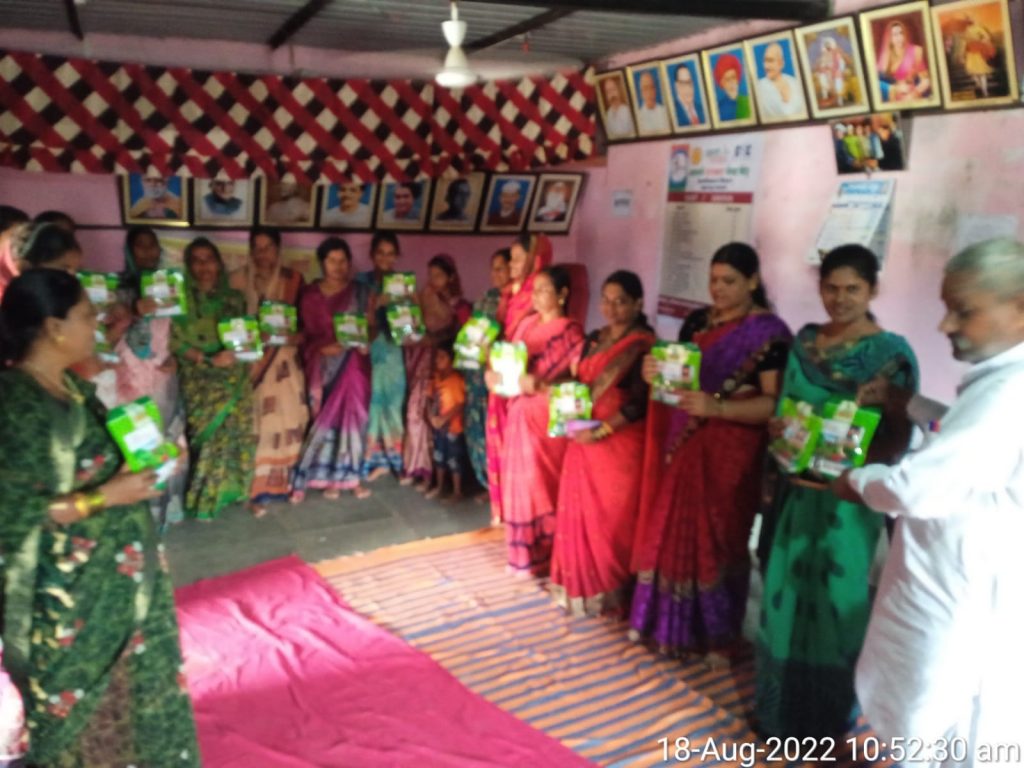
Swayam Shikshan Prayog’s (SSP) work within health and nutrition focuses on increasing the resilience of communities threatened by hydrological drought risk in the Marathwada region of Maharashtra.
This region has experienced the highest rainfall deficit in the past 10 years and multiple years of drought and unsustainable agricultural practices have had a negative effect on the sanitation, hygiene, health and nutrition of the community.
The effects of climate change leading to food and income insecurity, coupled with the limited decision-making power of women has led to disproportionately large negative impacts on the health of women and their families. SSP aims to address these complex issues of climate change, gender roles and their impact on sanitation, hygiene, health and nutrition by positioning women key change agents.
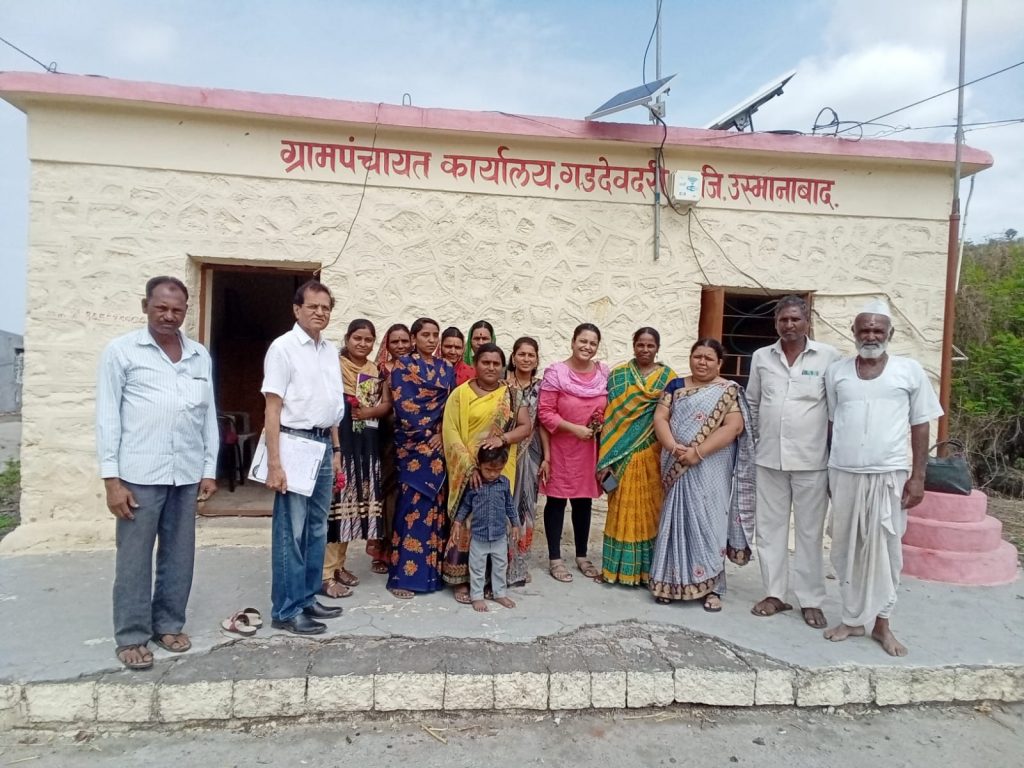
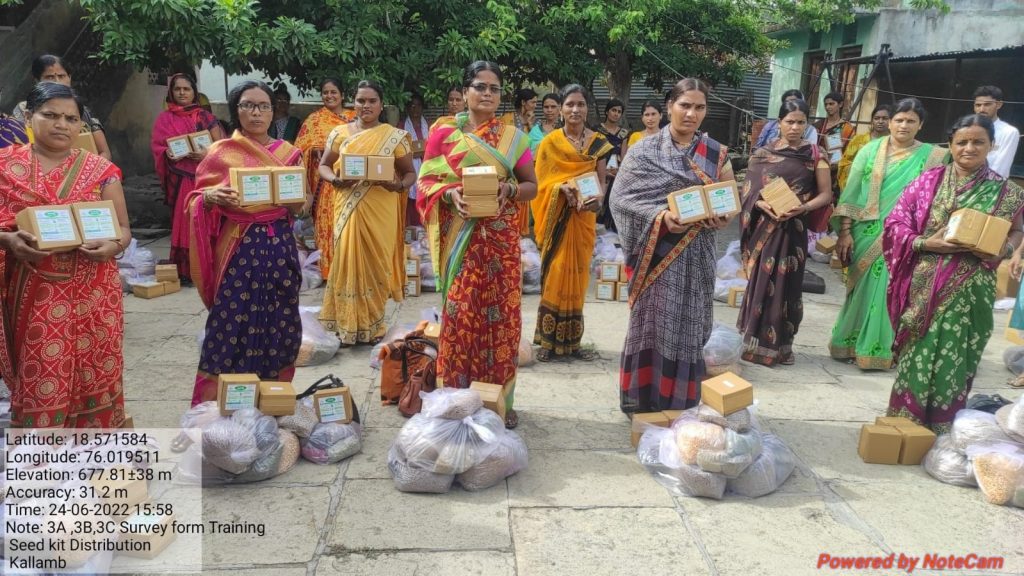
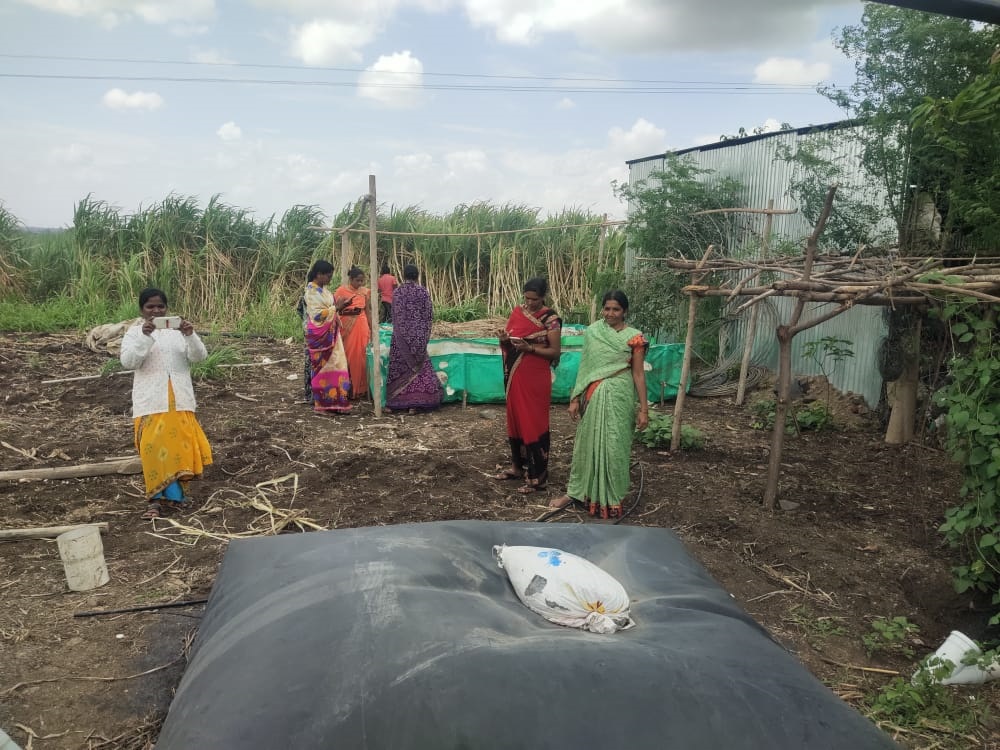
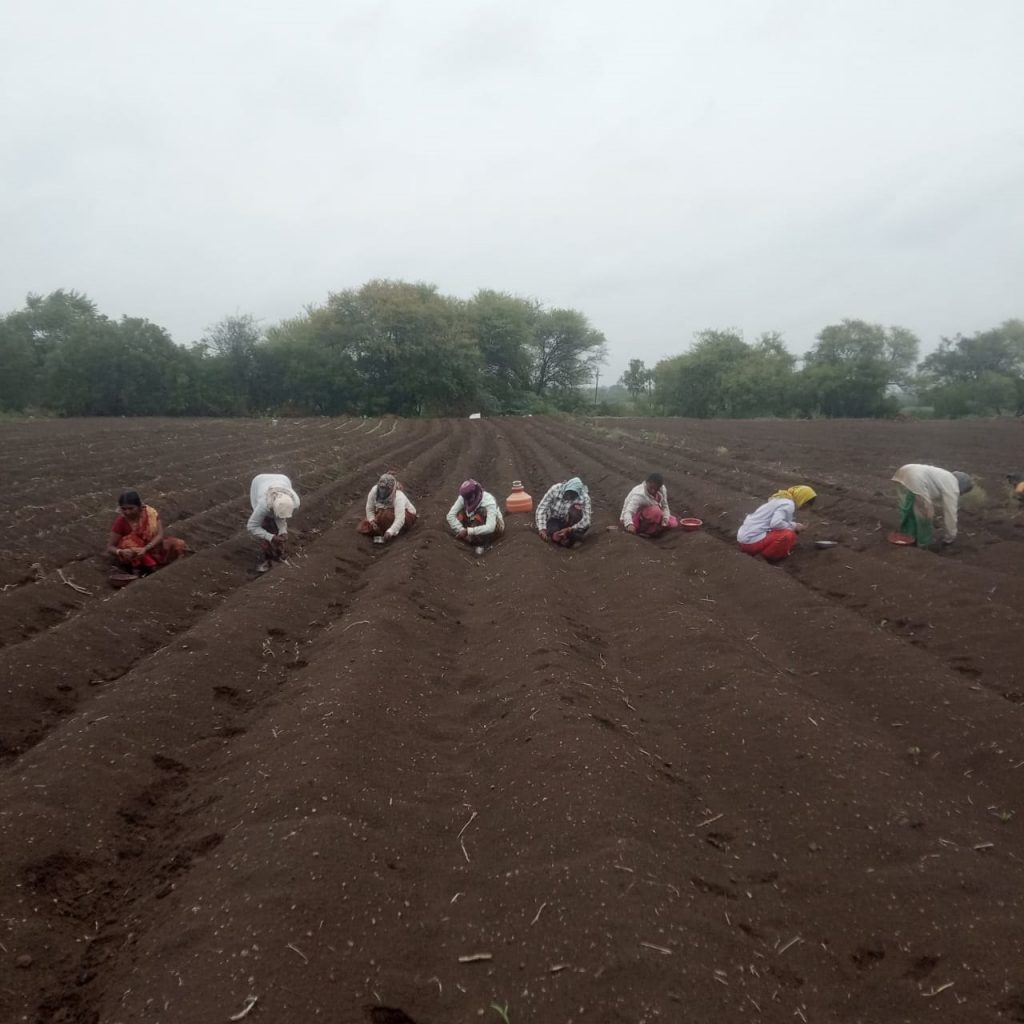
Between 2013-2015, SSP empowered 100 women health entrepreneurs/Arogya Sakhi’s to deliver preventive health services, health awareness and services to 60,000 rural households reaching 300,000 community members across Osmanabad, Ahmednagar and Pune districts in Maharashtra. From 2020 onwards, SSP has trained over 100 Arogya Sakhis who have inspired more than 500 women in WASH.
Women leaders have reached out to and trained 10,000 households on techniques of water allocation during lean periods in Osmanabad and Latur districts on Maharashtra.
